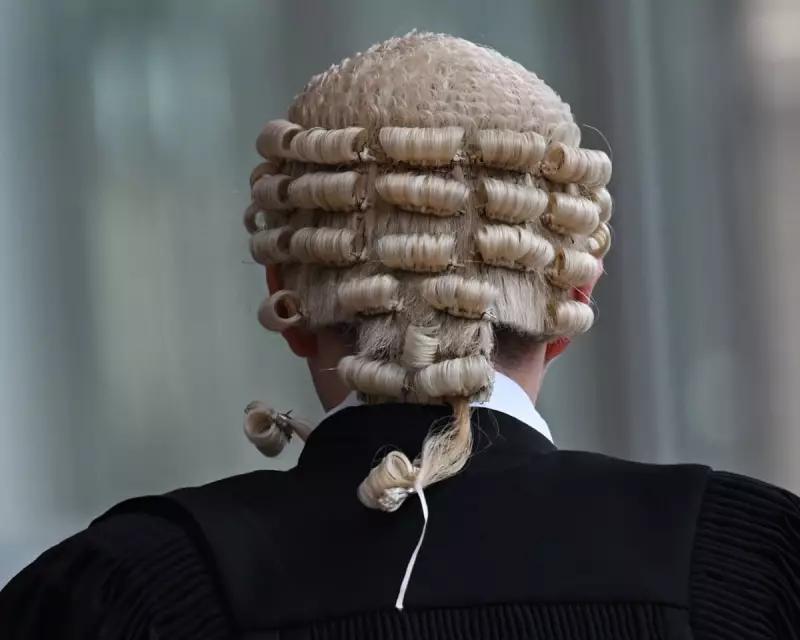
In a landmark case that highlights the growing risks of artificial intelligence in the legal profession, a British barrister has been suspended after submitting completely fabricated legal cases generated by an AI chatbot.
The troubling incident occurred during a professional disciplinary tribunal where the barrister, who cannot be named for legal reasons, relied on ChatGPT to research case law. The AI system proceeded to invent multiple non-existent legal precedents that the lawyer then presented as genuine authority.
The AI Deception Unravels
The deception came to light when tribunal members grew suspicious about several cited cases that couldn't be located in legal databases. Upon investigation, it was discovered that the AI had generated convincing but entirely fictional judgments, complete with fabricated judicial comments and plausible-sounding case names.
This isn't the first time AI has led legal professionals astray, but it represents one of the most serious instances in UK legal history, resulting in immediate suspension for the barrister involved.
Growing Concern in Legal Circles
The legal community is expressing mounting concern about the uncritical use of AI tools in legal practice. "This case serves as a stark warning to all legal professionals," said a spokesperson from the Bar Standards Board. "While technology can assist legal research, it cannot replace the rigorous verification processes that are fundamental to our justice system."
The incident has prompted urgent discussions among legal regulators about establishing clearer guidelines for AI use in legal proceedings. Many are calling for mandatory training on AI limitations and verification protocols.
Key Lessons for Legal Professionals
- Always verify AI-generated legal research through traditional sources
- Never rely solely on AI for case law without independent confirmation
- Maintain professional skepticism about AI-generated content
- Implement firm-wide policies governing AI use in legal work
As artificial intelligence becomes increasingly sophisticated, the legal profession faces the challenge of harnessing its benefits while guarding against its potential to mislead. This case demonstrates that when AI hallucinations meet legal proceedings, the consequences can be professionally catastrophic.





